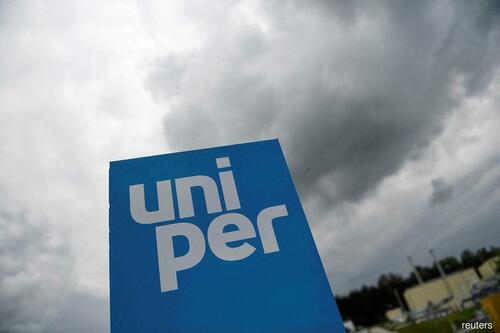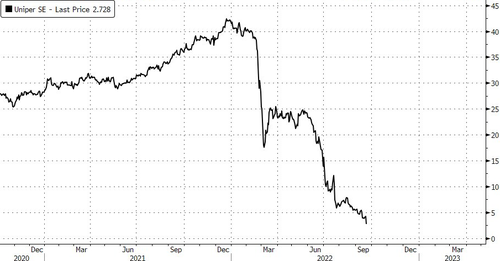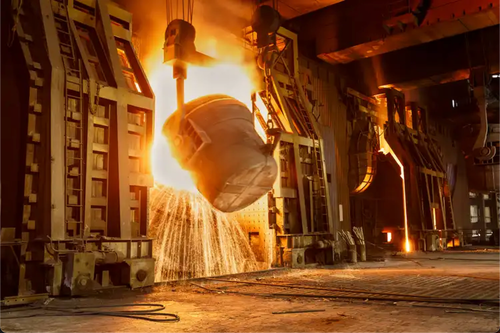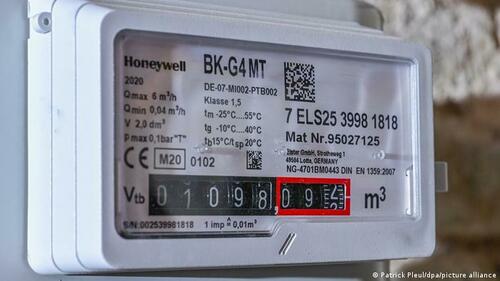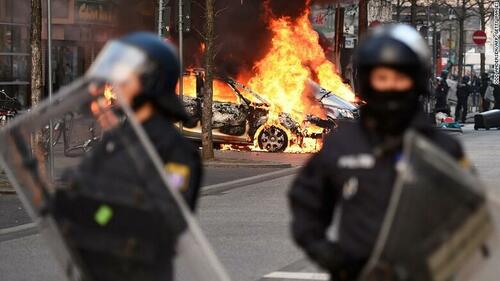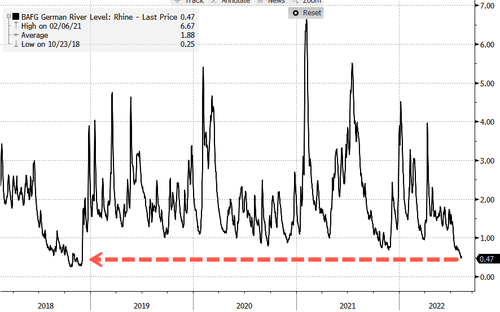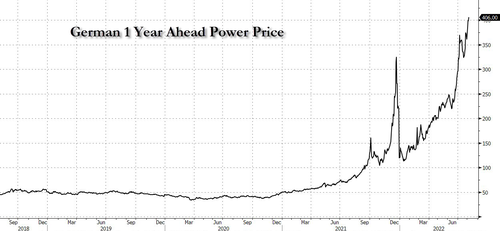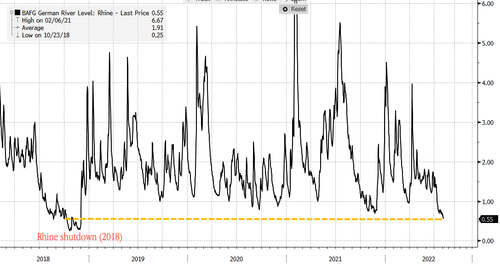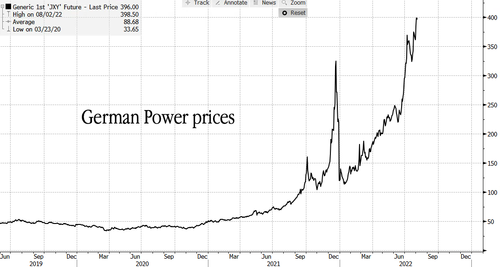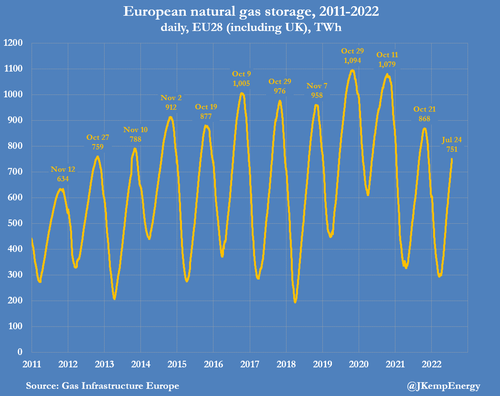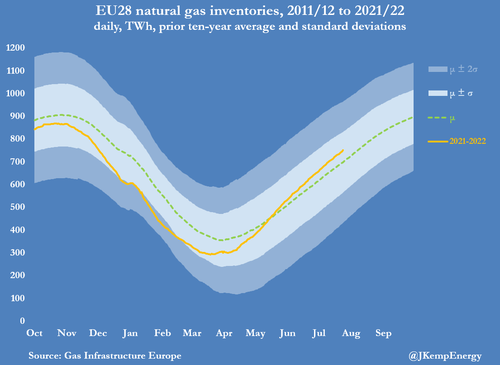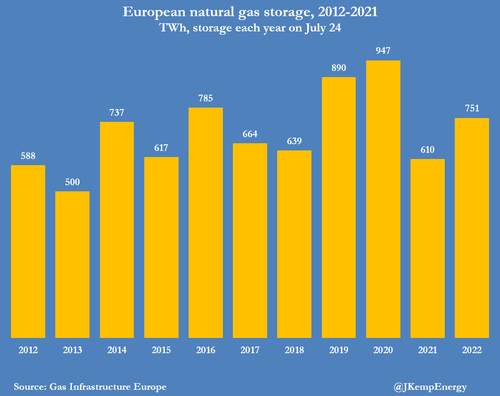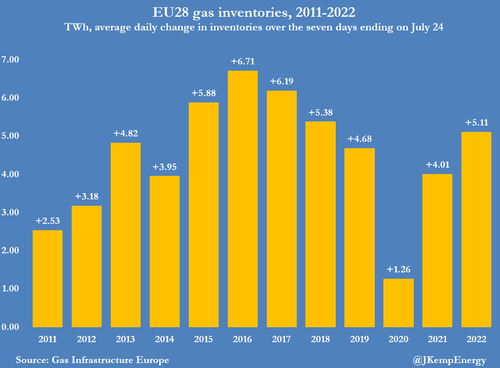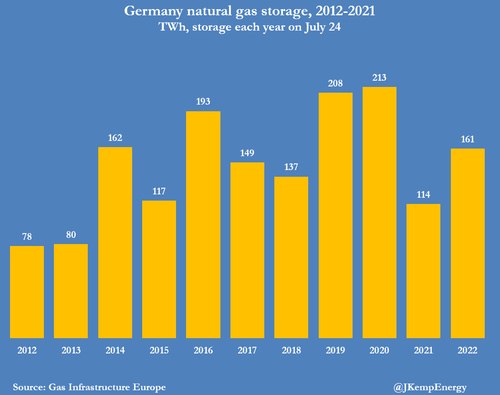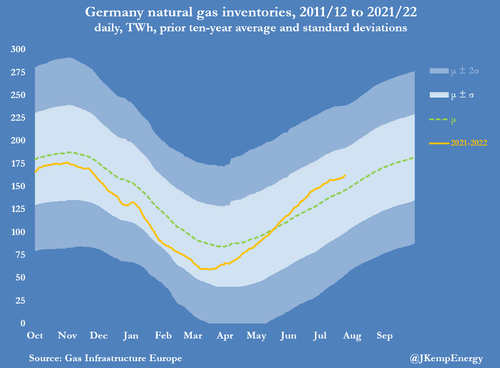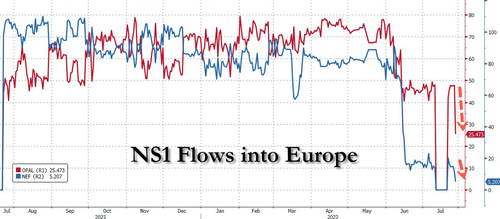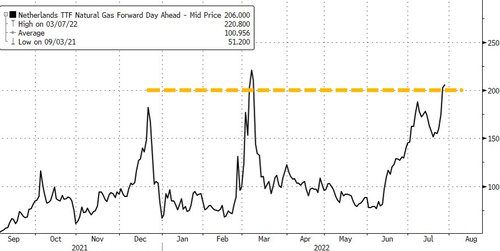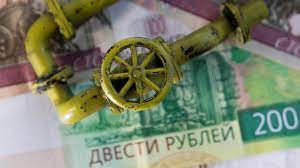When Green fanatic Robert Habeck, posing as Germany’s Economy Minister, said earlier this week “we should expect the worst” in terms of energy security, he conveniently forgot to spell out how the whole farce is a Made in Germany cum Made in Brussels crisis.
Flickers of intelligence at least still glow in rare Western latitudes, as indispensable strategic analyst William Engdahl, author of A Century of Oil, released a sharp, concise summary revealing the skeletons in the glamour closet.
Everyone with a brain following the ghastly Eurocrat machinations in Brussels was aware of the main plot – yet hardly anyone among average EU citizens. Habeck, Chancellor “Liver Sausage” Scholz, the European Commission (EC) Green Energy VP Timmermans, EC dominatrix Ursula von der Leyen, they are all involved.
In a nutshell: as Engdahl describes it, this is about “the EU plan to de-industrialize one of the most energy-efficient industrial concentrations on the planet.”
That’s a practical translation of the UN Green Agenda 2030 – which happens to be metastasized into crypto Bond villain Klaus Schwab’s Great Reset – now renamed “Great Narrative”.
The whole scam started way back in the early 2000s: I remember it vividly, as Brussels used to be my European base in the early “war on terror” years.
At the time, the talk of the town was the “European energy policy”. The dirty secret of such policy is that the EC, “ advised” by JP MorganChase as well as the usual mega speculative hedge funds, went all out into what Engdahl describes as “a complete deregulation of the European market for natural gas.”
That was sold to the Lugenpresse (“lying media”) as “liberalization”. In practice, that’s savage, unregulated casino capitalism, with the “free” market fixing prices while dumping long-term contracts – such as the ones struck with Gazprom.
…click on the above link to read the rest of the article…


